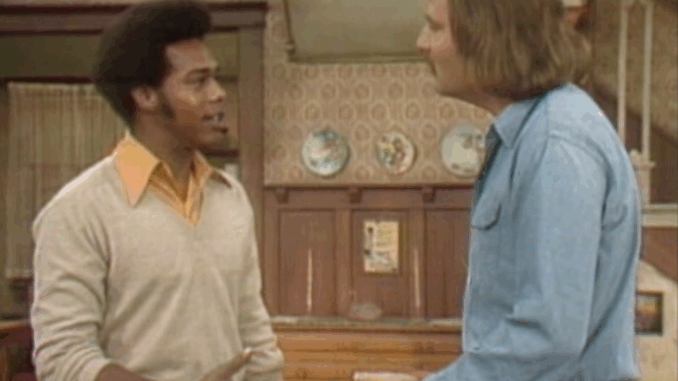
In the pantheon of All in the Family episodes, “The Games Bunkers Play” stands out not for political commentary or cultural conflict, but for something far more intimate: the psychology of the Bunker household. First aired in 1976, this episode took a creative detour from the usual living room arguments and placed Archie, Edith, Mike, and Gloria around a board game that revealed more than anyone bargained for.
Playing the Game — and Getting Played
The premise is deceptively simple: Mike brings home a new party game designed to encourage players to answer personal questions and reveal their inner thoughts. What begins as a lighthearted evening quickly spirals into a tense—and hilarious—unpacking of secrets, resentments, and emotional blind spots.
From Archie’s defensiveness to Gloria’s frustrations with her marriage, “The Games Bunkers Play” uses the structure of a simple board game to peel back the layers of each character’s psychology. It’s a brilliant narrative device, blending comedy with therapy, satire with sincerity.
Emotional Honesty, Bunker-Style
One of the episode’s standout achievements is its ability to explore vulnerability without losing the show’s comedic edge. Archie, as always, resists self-reflection, treating the game as a liberal “trick.” Mike, ever the idealist, leans into the honesty only to find that some truths are harder to hear than he expected.
Edith, with her signature blend of innocence and insight, once again proves to be the emotional anchor of the episode, while Gloria exposes the simmering issues that lie beneath her marriage to Mike.
Why It Still Hits Home Today
More than four decades later, “The Games Bunkers Play” remains relevant. In an era of social media oversharing and performative vulnerability, the idea of confronting uncomfortable truths in a safe, structured space still resonates. The episode also underscores a timeless truth: the people we’re closest to are often the ones we understand the least.
By wrapping real emotional stakes inside a sitcom format, All in the Family once again proved why it was more than just a comedy—it was a mirror for the American family, held up with brutal honesty and surprising warmth.